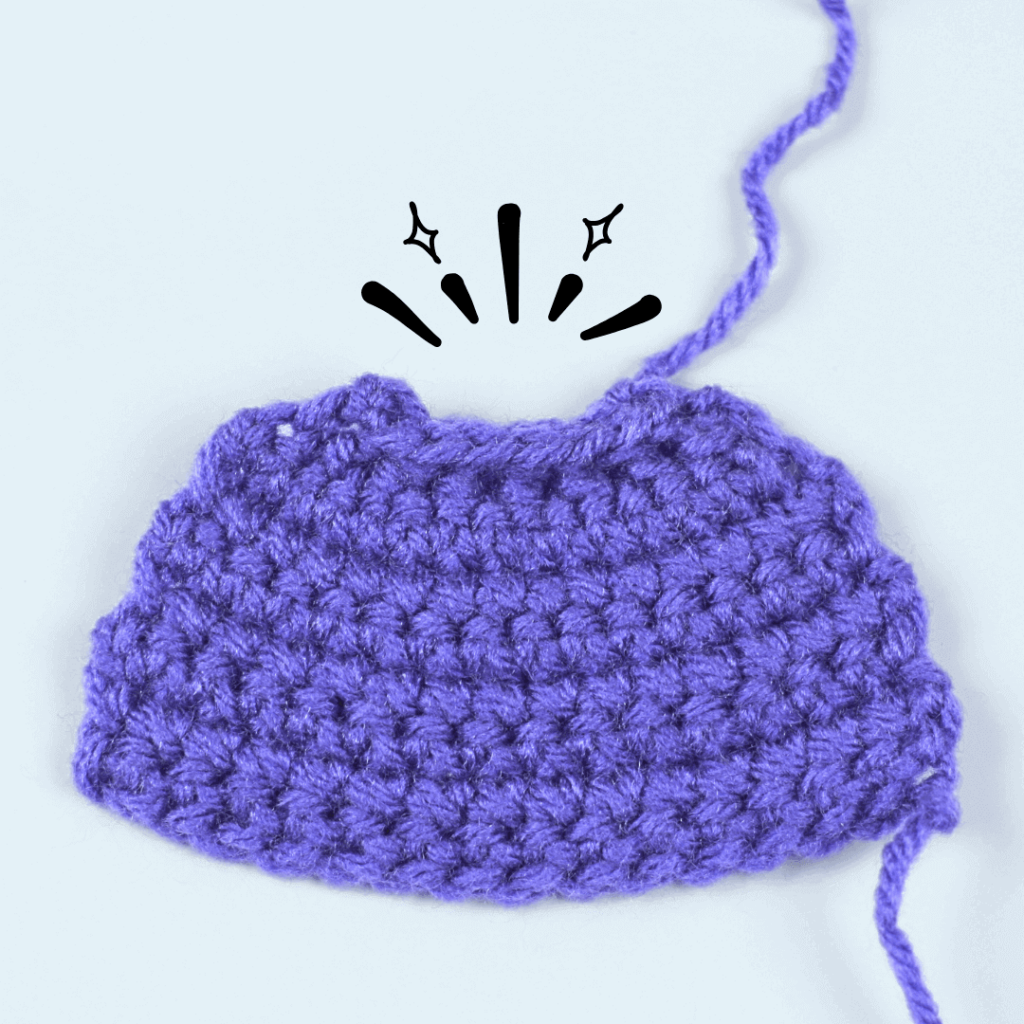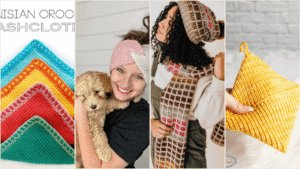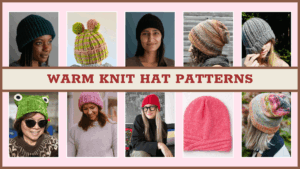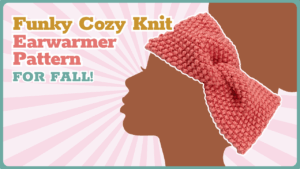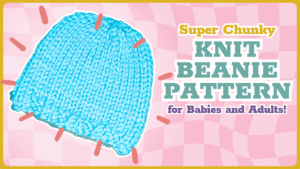How to Single Crochet Decrease – Easy SC2TOG Crochet for Beginners!
The classic SC2TOG technique!
The classic SC2TOG technique!
In the past few blogs, we talked about the basic stitches that are used in all crochet patterns. But do you know that there are other techniques that are a must-have in your crocheting know-how?
I’m talking about crochet decreases! There are many ways to decrease a crochet project. Some crocheters even come up with their own quirky way to take out stitches from a row.
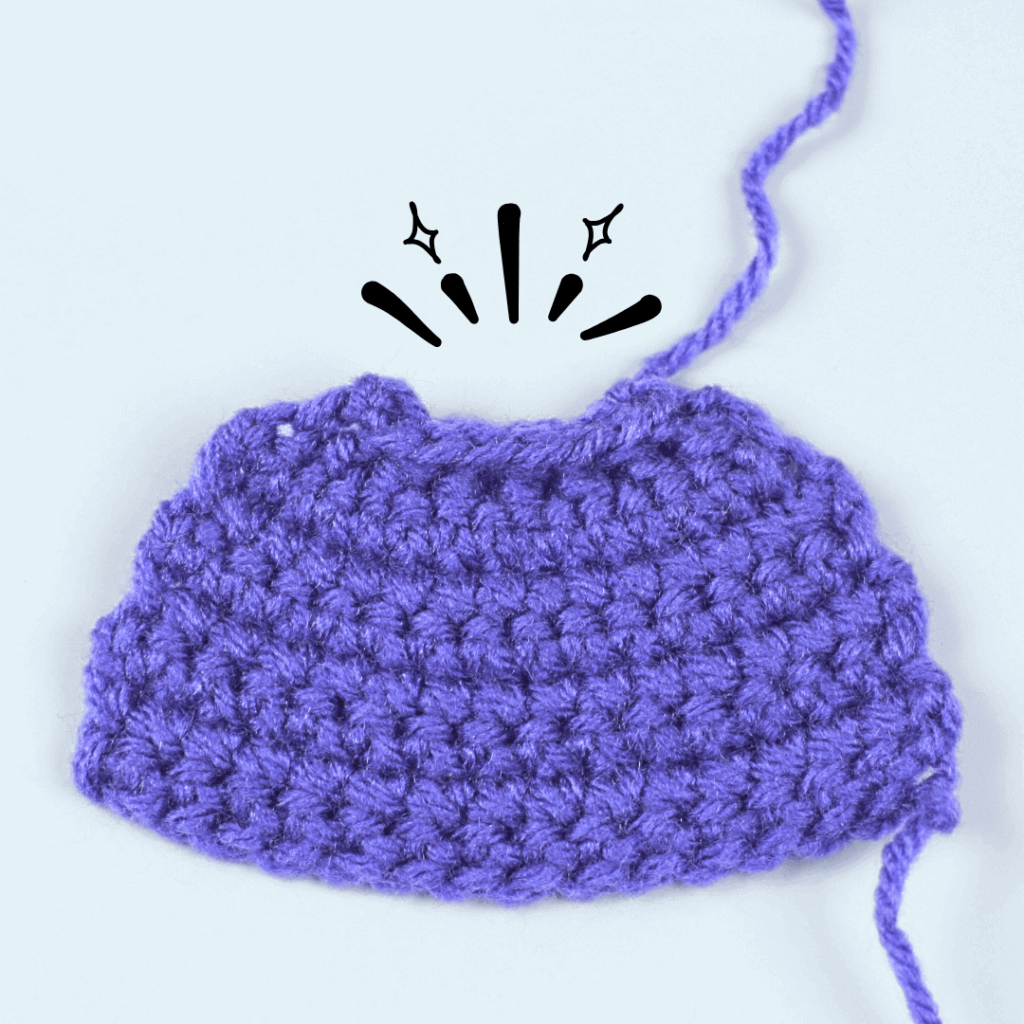
But we all started with the basics and that’s what we’re going to learn all about today! Check out the tutorial below and find out how you can make the sc2tog decrease technique!
You’ll only need 2 things to learn the sc2tog technique. Take a look:
Yarn tip: Don’t like how thin worsted weight yarn is? Choose super bulky or chunky yarn. They are much easier to hold on to and stitches show up much clearer. Opt for more affordable yarn brands so you don’t feel too bad about scrapping your first few attempts.
Try to avoid fuzzy yarn like chenille and velvet yarn as stitches become hard to distinguish once crocheted!
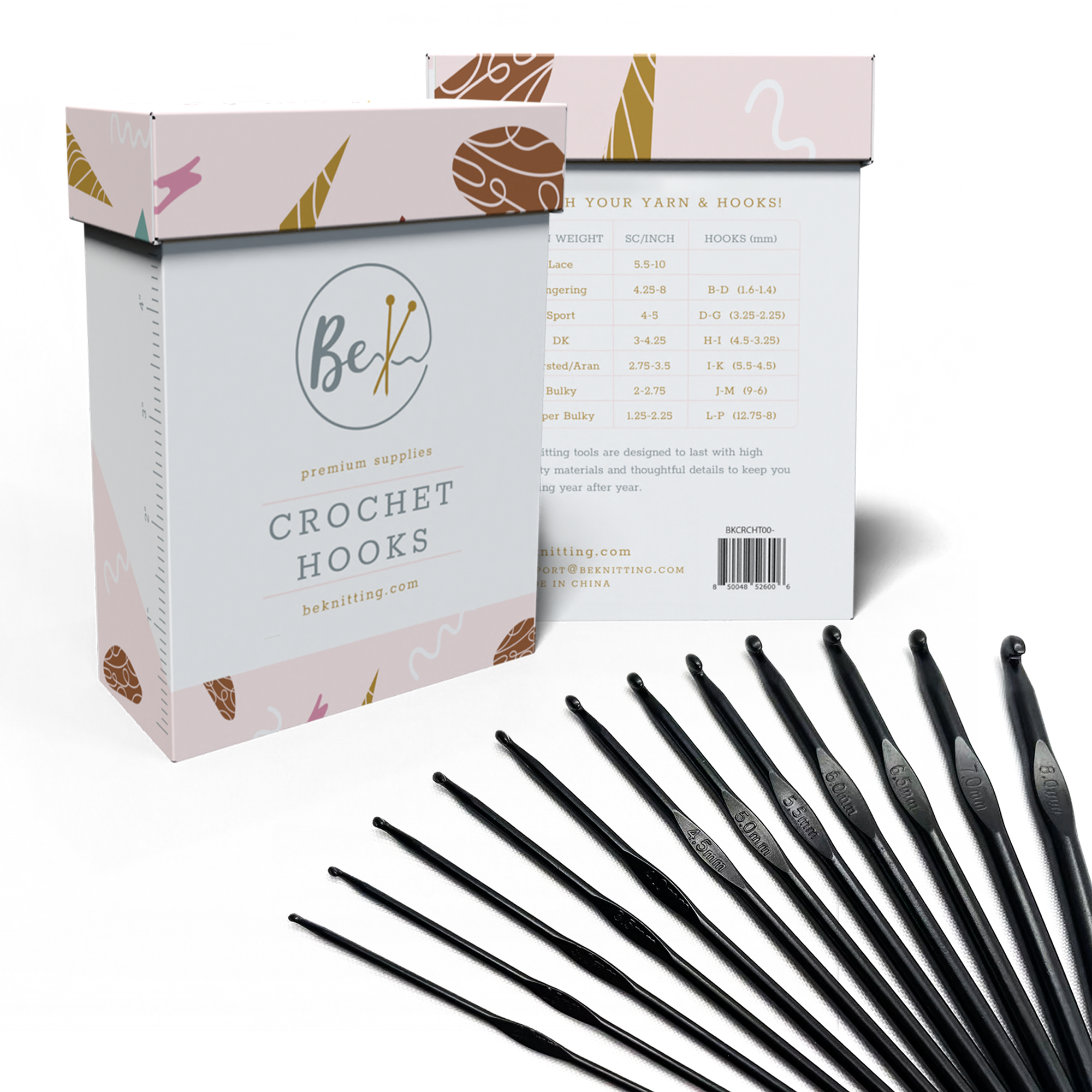
Learning how to crochet? Perhaps you’re looking for the perfect gift for a crocheter?
This ultra-sleek set of 12 crochet hooks is all you need to stitch up all sorts of fun patterns. Get all the essential hook sizes plus a handy container to store them in!
Available on Amazon now!
Known as the “sc2tog”, this technique combines two single crochet stitches into one stitch. Let’s make it together!
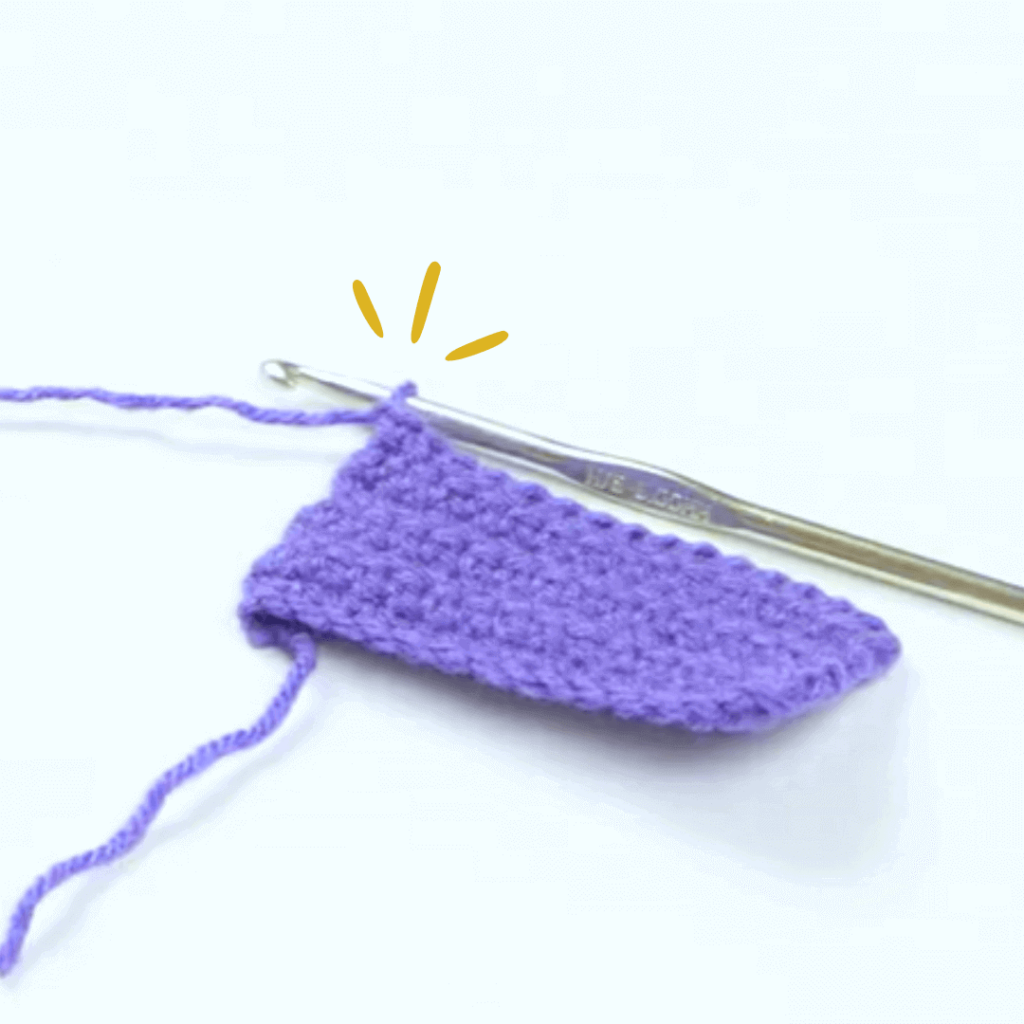
Make sure that you’re on the row you want to start decreasing on.
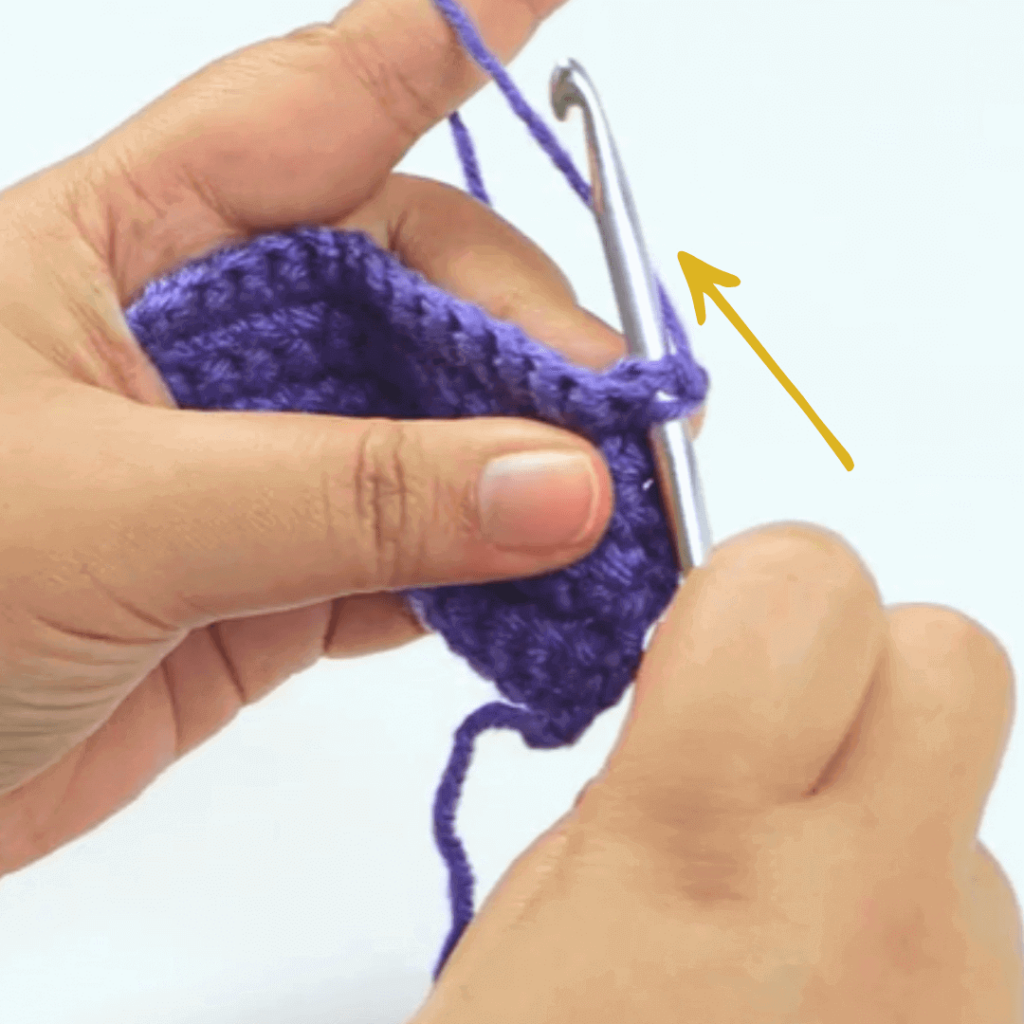
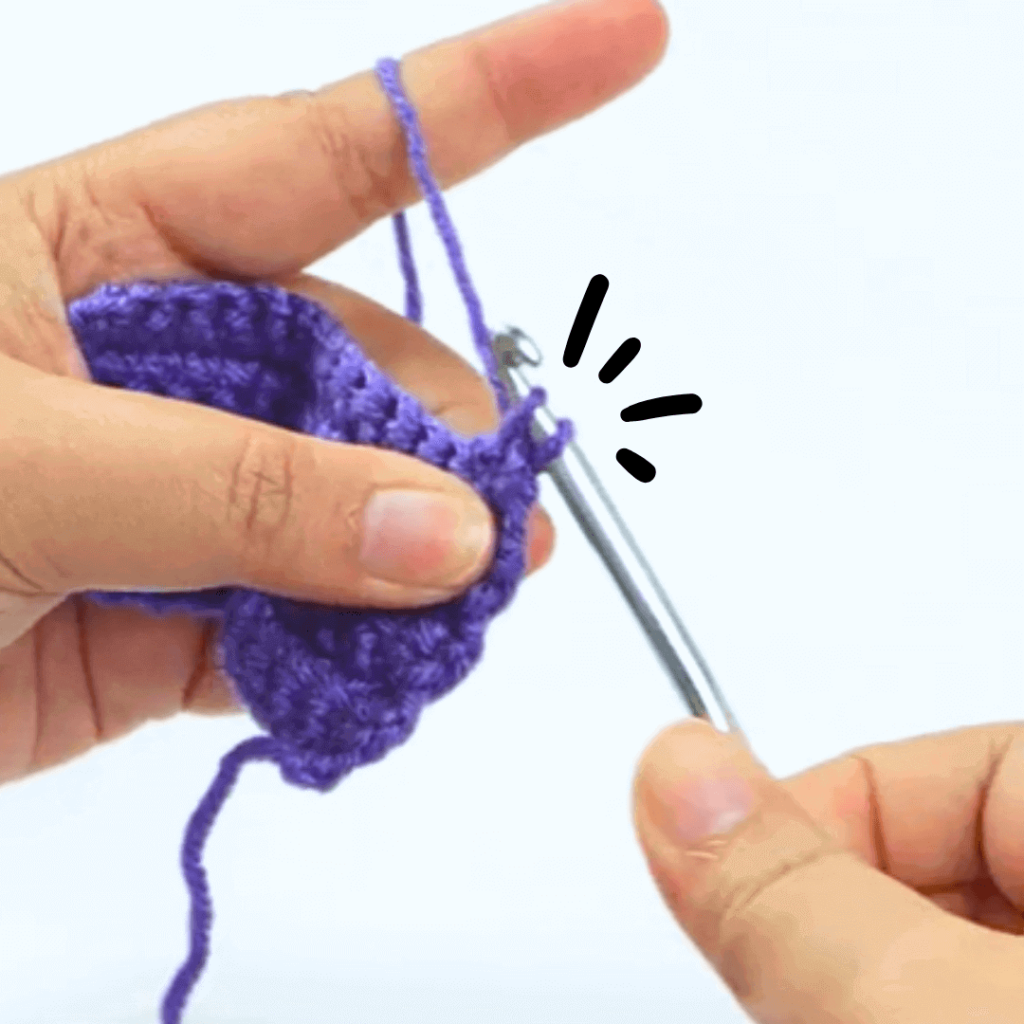
Go into the first stitch and pick up a loop. Don’t yarn over!
You should have 2 loops on your hook.
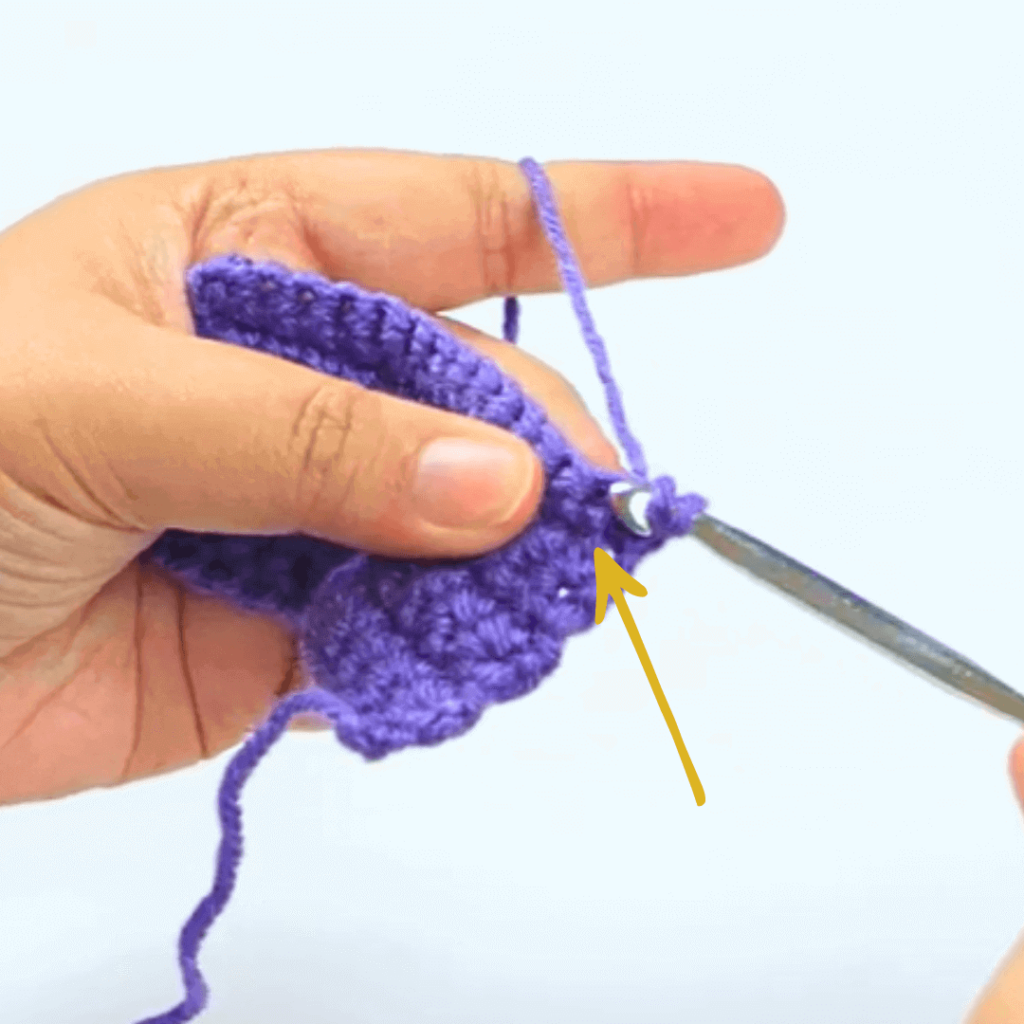
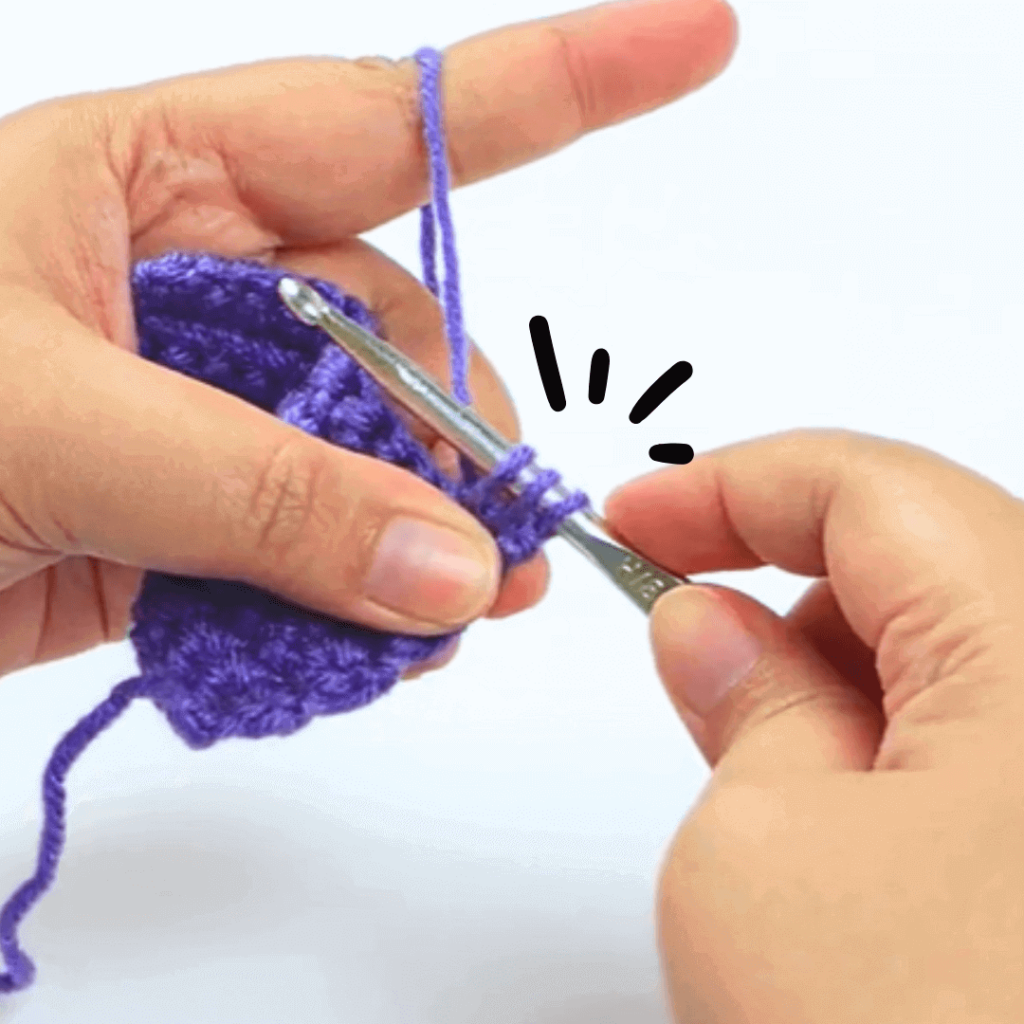
Go into the second stitch and pick up a loop. You should have 3 loops on your hook.
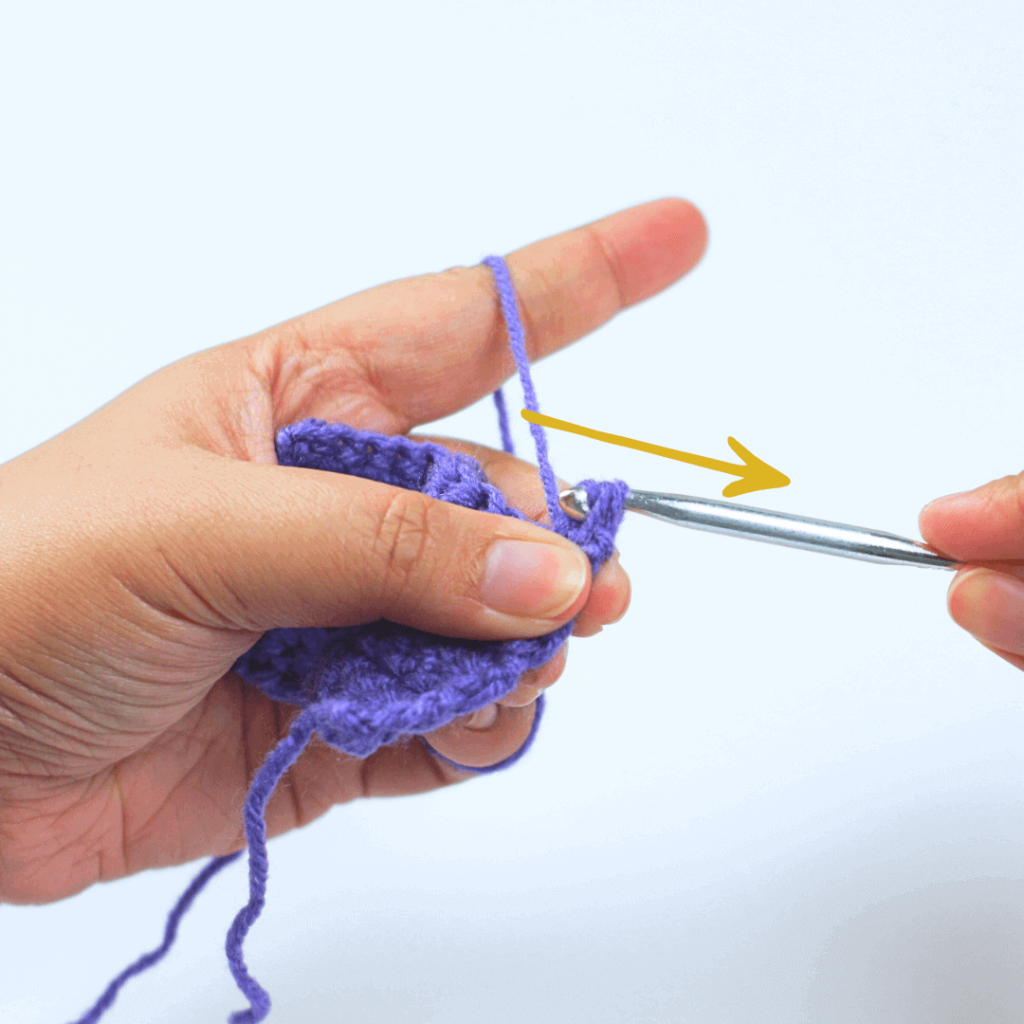
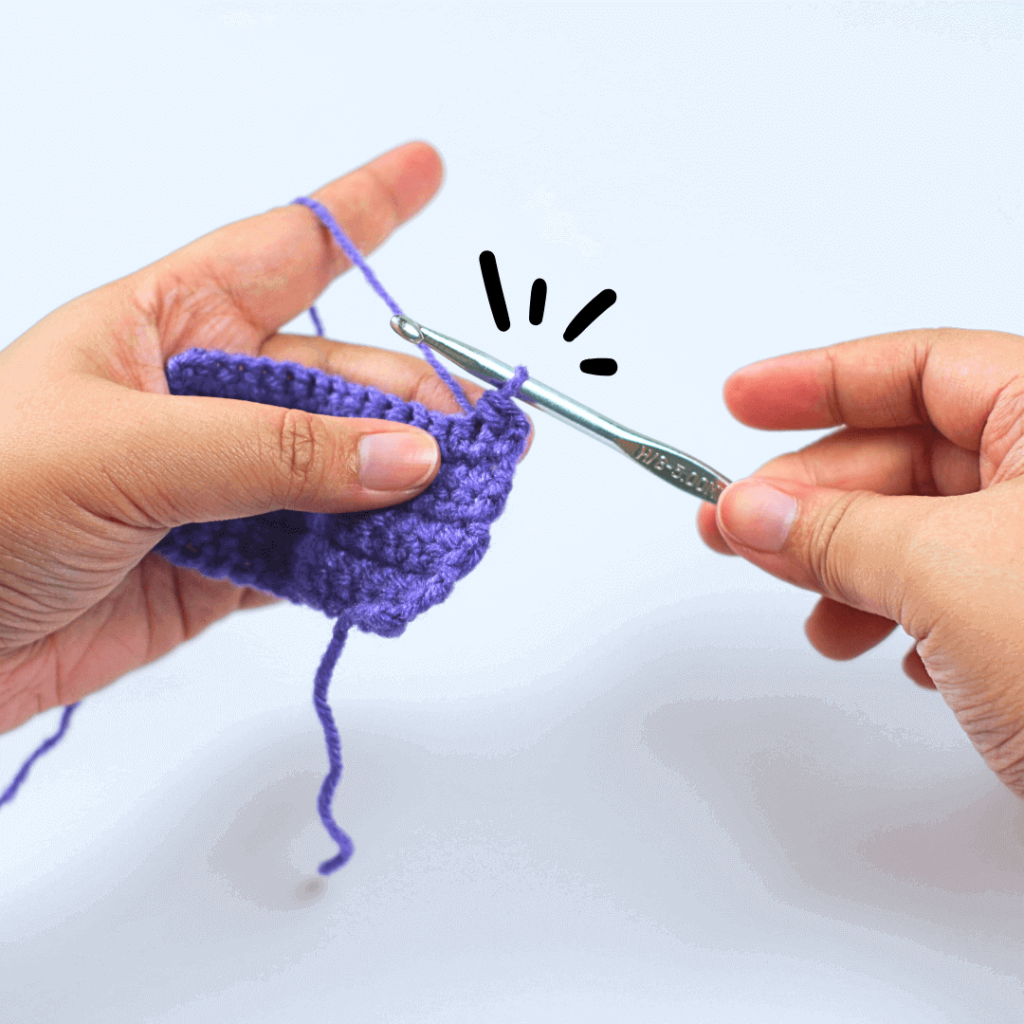
Pull the third loop through the last two loops on your hook.
Now you have your first single crochet two together (sc2tog)!
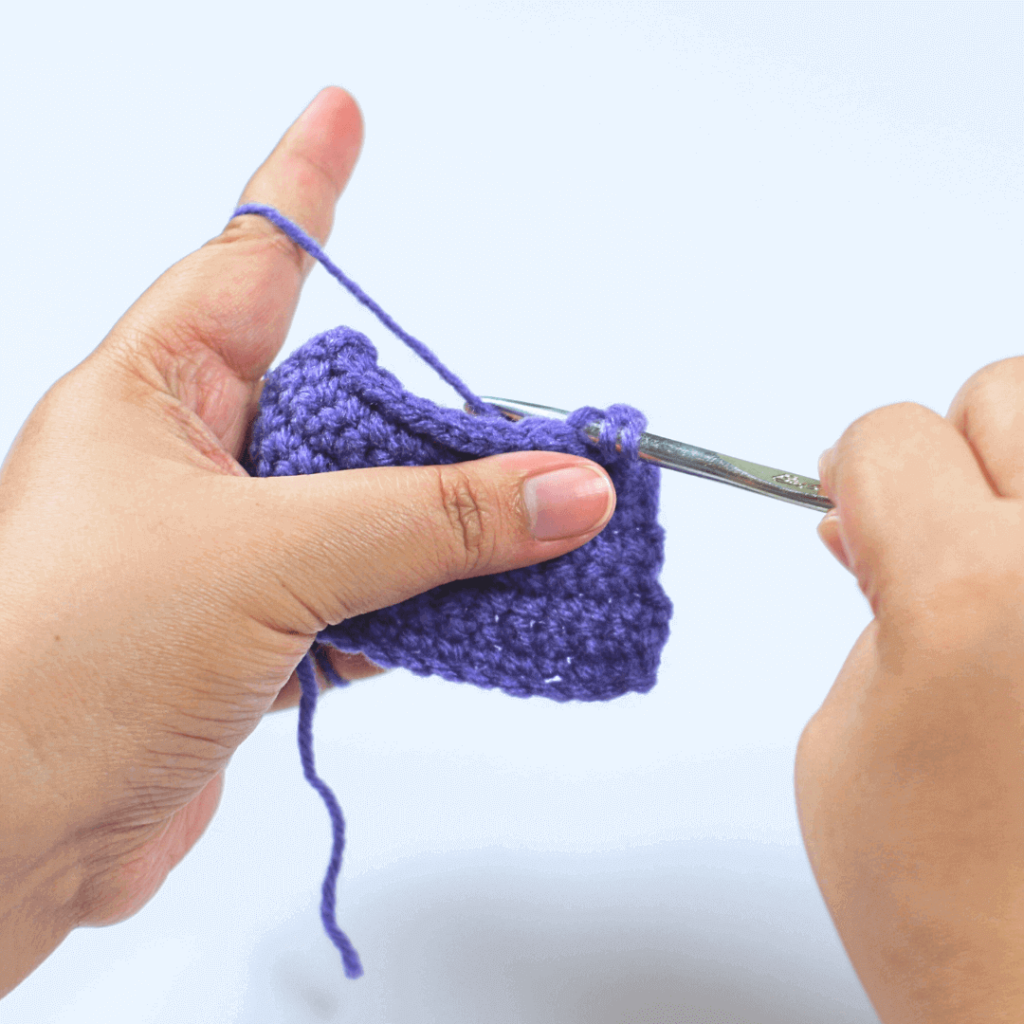
Practice how to decrease single crochets by repeating steps 1 to 3!
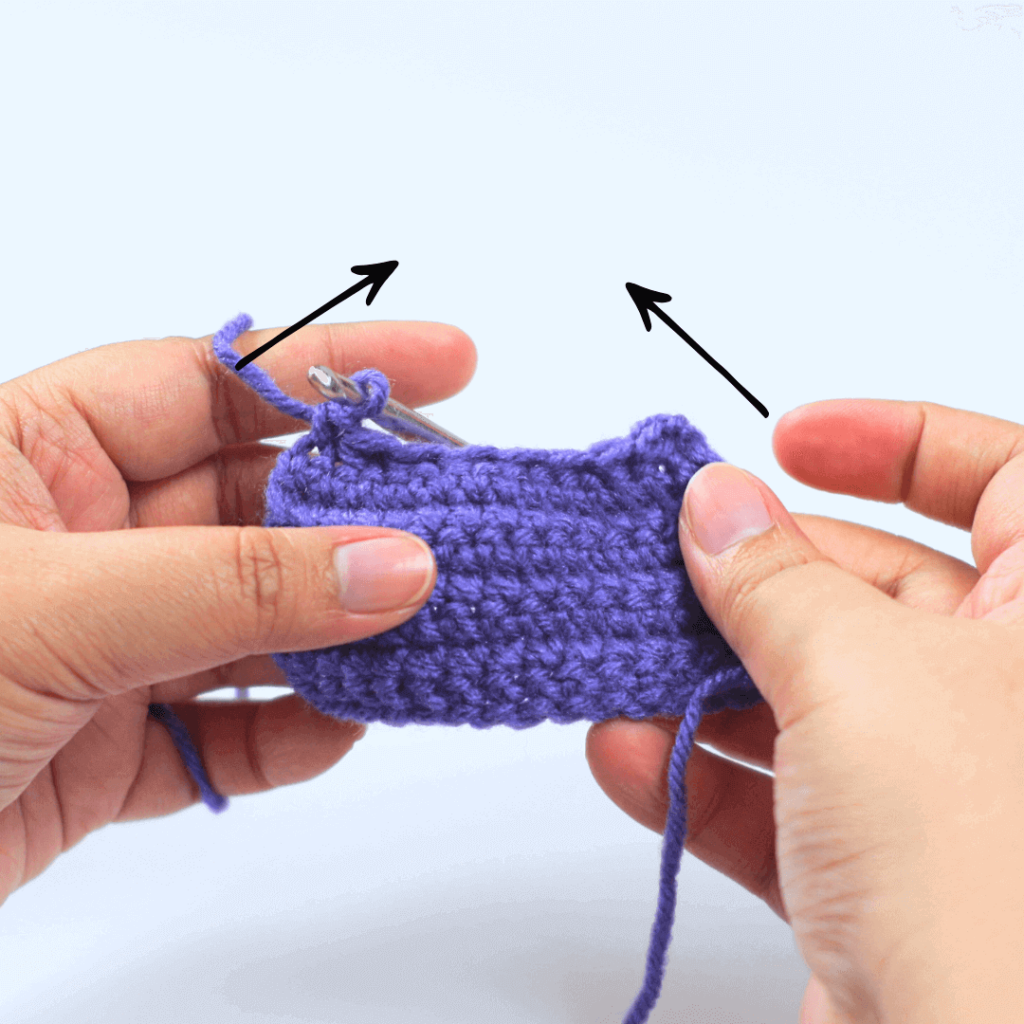
You will notice that your swatch is getting smaller as you make sc2tog crochets.
This technique is amazing for creating tailor-fit fabric and shaping your projects.
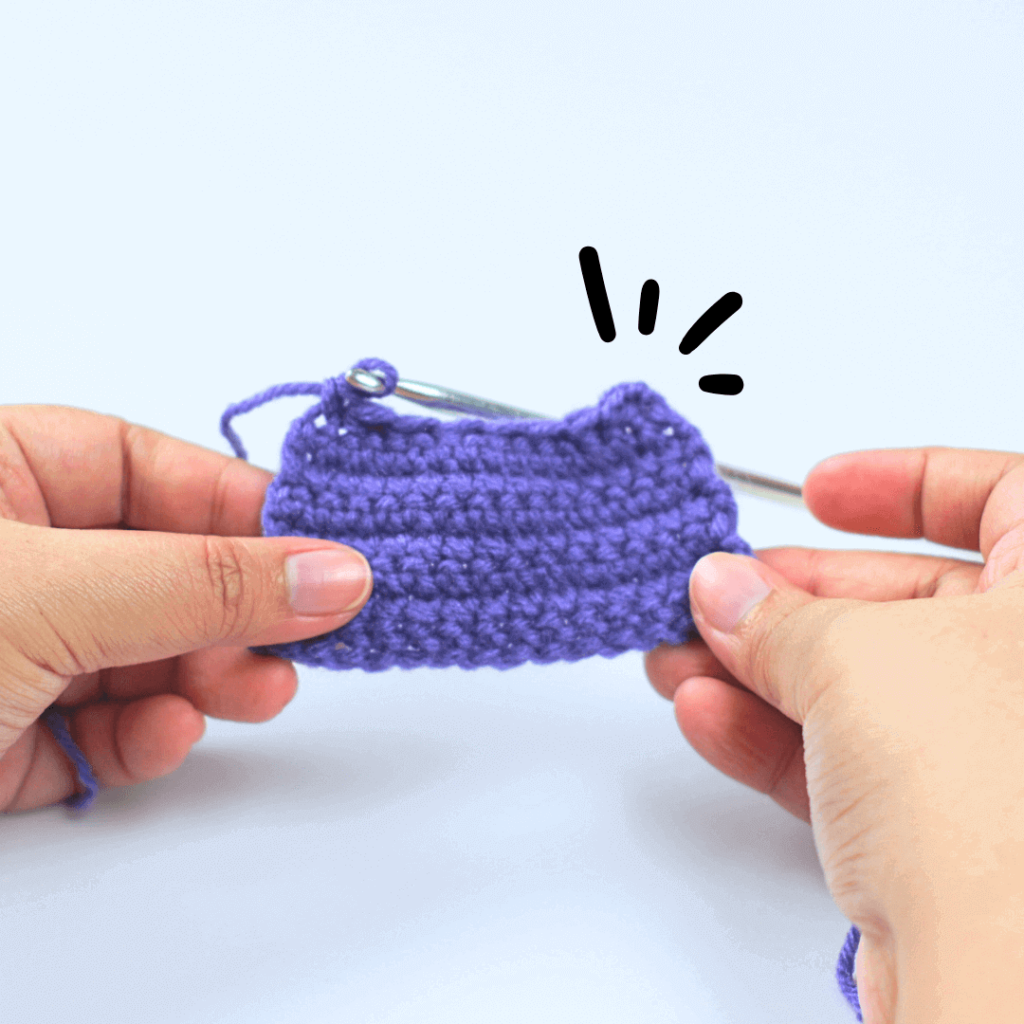
The sc2tog is a bit awkward to work with so practice with your swatch!
The single crochet (sc) decrease is basically you making one single crochet within 2 separate stitches. Each “sc” decrease you make takes away one stitch from your row.
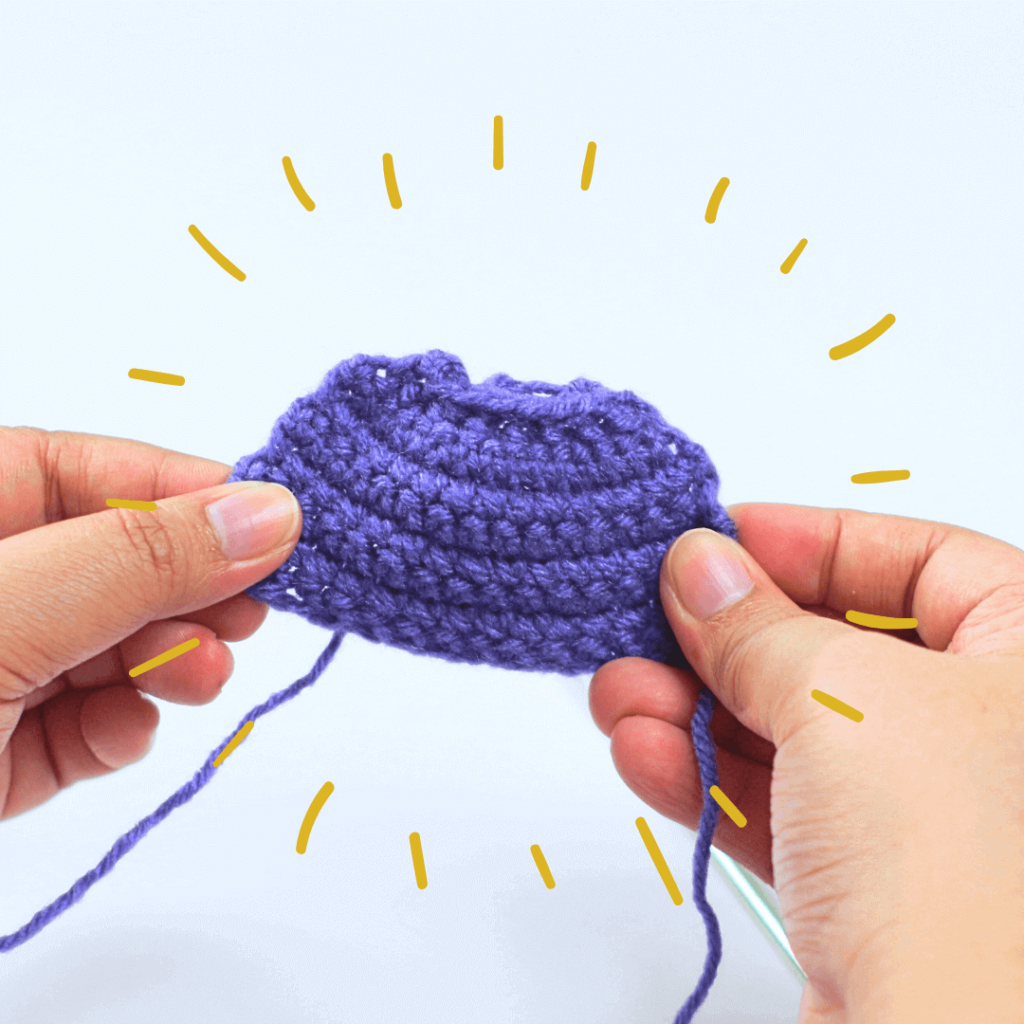
One caveat with the “normal” single crochet decrease is that it can be quite visible. In some instances, it might even leave gaps in your work. There is another way to make this decrease and it involves working the decrease in the front loops only.
But I am encouraging you to practice the “normal” way first. Just so that you can get used to the motions of making sc decreases. We’ll definitely be talking about the invisible decreases in the future, so don’t you worry!
All of these decreasing techniques are used for the same purpose and are made using similar steps. But just like the “non-decreasing” versions, they have slight differences:
The single crochet two-together (also known as the sc2tog) only has two loops that you need to work with. You make one loop in one stitch, make a loop in the second stitch and pull it through the last 2 loops on your hook.
The half double crochet decrease (also known as the hdc2tog) is worked much like the sc2tog. The difference is that you’re going to yarn over one at the end and go through all three stitches on your hook. The half double crochet two-together is also slightly taller than the sc2tog.
The double crochet two-together (also known as the dc2tog) is a taller decrease that involves a few extra steps compared to the last two techniques mentioned. With the dc2tog, after making the bottom two-loops, you will yarn over and go through the first two loops, then yarn over one last time and go through the last two loops.
Just like all the decreases, you’re basically just making one whole stitch on top of two separate stitches.
By now, your swatch should be looking like this. You will notice that the top is slowly tapering up to a point. This is the type of decrease I like to use for beanies and scarves because the stitches blend in so well.
